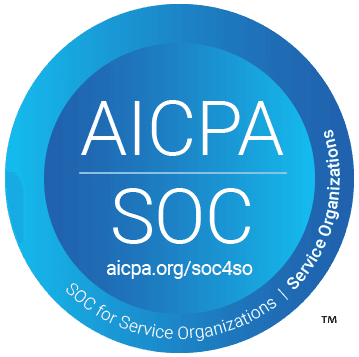The Unsustainability of Increased Workloads
Jan 26, 2024
Jason Weaver
The modern workplace is experiencing a significant transformation. In a much-publicized year-end email to his staff, Wayfair's CEO, Niraj Shah, laid out expectations for employees to work longer hours and prioritize work over their personal lives - warning them that “There is not a lot of history of laziness being rewarded with success.” A widespread backlash to this email only intensified after Wayfair laid off 13% of its global workforce just a few weeks later.
This double-whammy arguably struck such a chord because it highlights a troubling trend in the business world: employees grappling with ever-increasing workloads without additional pay, especially following layoffs. It feels overwhelming, like there's just too much to do with diminishing support.
The Ripple Effect of Layoff
From my experience, layoffs, often implemented as a cost-saving measure, impose a considerable burden on the remaining staff. I've witnessed colleagues inundated with an increased volume of tasks, emails, and assignments. Without extra compensation or recognition, they struggle to keep up, constantly fearing they might fall behind. They're expected to do more but with the same or even fewer resources and support.
The Unsustainable Path
This approach may appear attractive to businesses looking to cut costs and boost bang-for-buck in the short term, but in the longer term it is unsustainable for several reasons:
Employee Burnout: The relentless overworking leads to burnout, which is an amalgamation of emotional, physical, and mental exhaustion caused by prolonged stress. Not only does this reduce productivity, but it can also lead to higher turnover rates.
Quality of Work: As the workload surges, the quality of work often deteriorates. Overburdened employees struggle to maintain their usual standard of care and attention in their work.
Employee Morale: Morale plummets when employees feel overwhelmed, overworked, and undervalued. This results in a negative workplace culture that impacts both productivity and job satisfaction.
Long-Term Business Health: While there might be short-term gains, this approach can harm the company's reputation, diminish employee loyalty, and weaken its ability to attract top talent.
A Call for Sustainable Practice
Businesses should consider adopting more sustainable practices. This could include fair compensation for increased workloads, hiring temporary staff during transitional periods, and making employee well-being a priority. In the long term, these practices benefit both employees and the business.
Reflecting on situations like the one revealed in the Wayfair CEO's email, I see a critical need for a shift in business workforce management, especially during periods of organizational change. Sustainable practices are not just a matter of ethics; they are strategically vital for the future of work. Employees shouldn't be in constant fear of not keeping up; instead, they should be supported in a way that promotes both their well-being and productivity.
Next Article
The Future of the Modern Worker: Individual Work Planning


